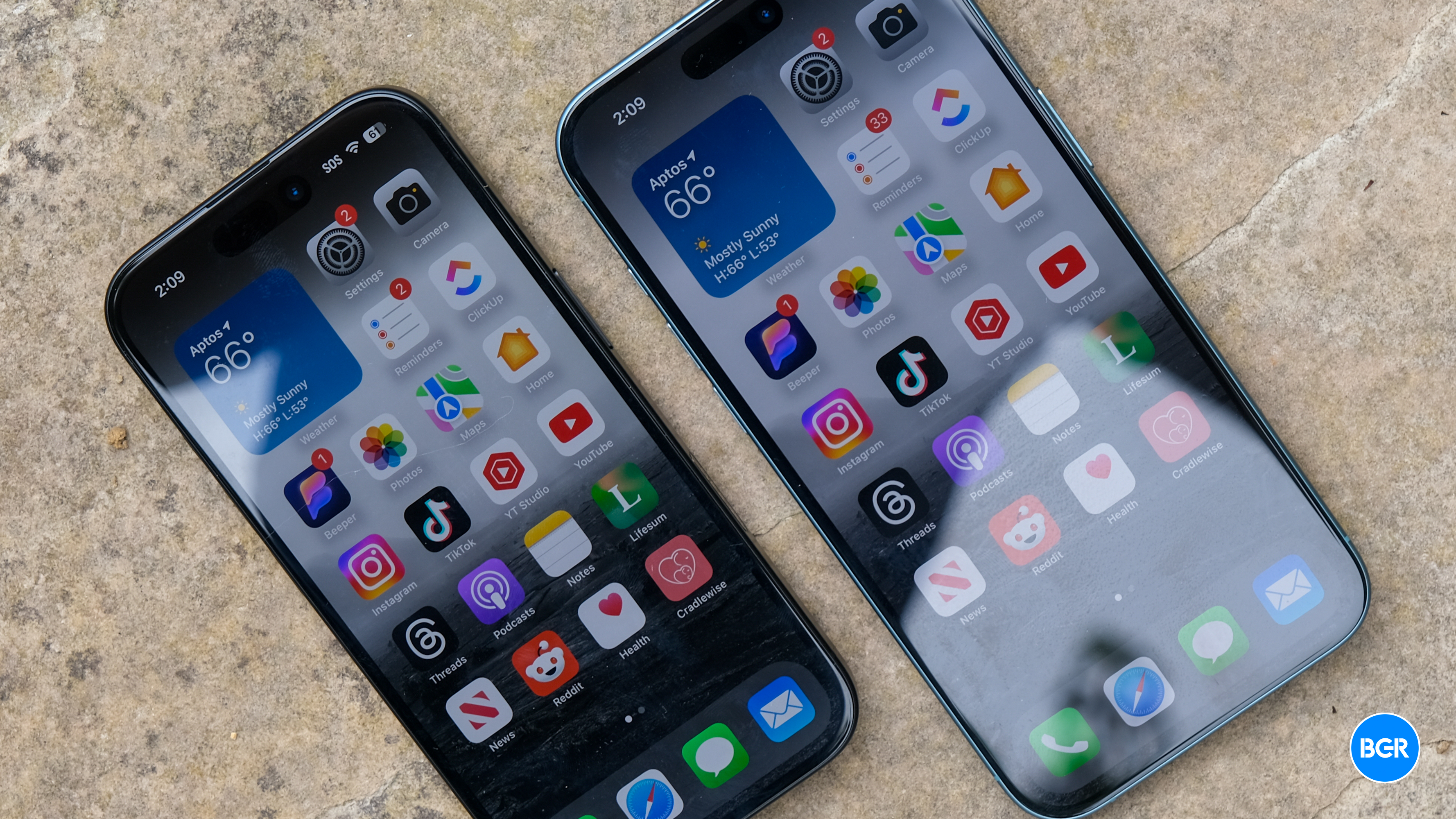Elon Musk once again caused confusion online – this time with his take on Argentina’s new import tax cuts. Recently, Argentine President-elect Javier Milei announced a major policy change to reduce taxes on imports.
Don’t miss:
As part of his economic reform plan, Milei wants to make imported goods more affordable. From December, he will increase the tax-free limit on international purchases from $1,000 to $3,000. Personal imports will also receive a tariff exemption of up to $400. This move is aimed at opening up the economy and making it easier for shoppers in Argentina.
Elon Musk seemed to think so. In response to a tweet discussing Milei’s idea, he expressed support for the tax cut, simply saying, “Good move.”
The tweet attracted a lot of attention, as many people quickly called out Musk for what they saw as mixed signals: supporting policies in Argentina that appear to be antithetical to the U.S. tariffs promoted by Donald Trump, which Musk has also publicly supported.
For example, one user tweeted: “You supported the presidential campaign of the man who advocated the largest tariff increase in modern American history, Lmao.” Another wrote: “Import taxes = tariffs. Do you support cutting them down elsewhere and raising them here? Shameful hypocrisy.” Alex Cole added to the discourse, writing: “So eliminating tariffs is a good move and Donald Trump adding tariffs is also a good move? Bizarre world.”
See also: This is possible with this Jeff Bezos-backed startup Become a landlord in just 10 minutes, with minimum investments starting at $100 for properties like the Byer House from Stranger Things.
Not everyone saw it as outright hypocrisy. Some X users argued that Musk’s view could be valid if viewed in the context of Argentina’s economy compared to the US
Argentina is facing hyperinflation and a major recession, so cutting import taxes could be a much-needed lifeline to help people afford basic goods. Dan Victor, a CFA, noted: “It’s different for the world’s largest economy than it is for an economy suffering from a deep recession and hyperinflation.”


/cdn.vox-cdn.com/uploads/chorus_asset/file/24007866/acastro_STK109_microsoft_02.jpg)





